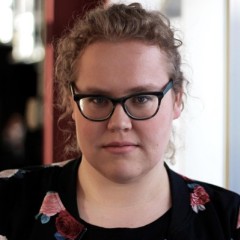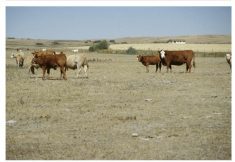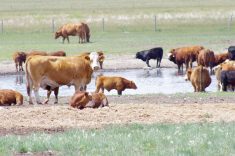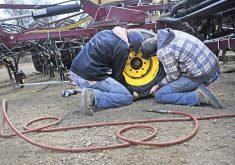Canadian agriculture productivity is growing, but the rate of growth is slowing, agriculture and tech leaders heard Oct. 26.
“The low-hanging fruits are gone,” said J.P Gervais, Farm Credit Canada’s chief economist.
The comments came during a discussion with Fred Wall, FCC’s vice-president of marketing and digital agriculture, at the Agriculture Enlightened conference in Winnipeg Oct. 26.
Read Also

AgSphere cultivates new era for agri-food innovation
A new Calgary-based hub seeks to join universities, investors, multinationals and start ups to spur cutting-edge advances in farm-to-fork sector.
The productivity of Canadian agriculture began to grow in leaps and bounds once the 1970s began. That decade saw productivity increase by 15 per cent, followed by 20 per cent over both the ‘80s and ‘90s, before plateauing in the 2000s, Gervais said.
In the 2010s, productivity growth per decade was back down to 15 per cent and that number is expected to shrink further to 10 per cent, or one per cent annually, across the current decade.
Productivity will continue to grow, Gervais said, but at a slower rate.
Why the slowdown?
He tied the decline to slowing growth in capital and land productivity. A high-interest environment can also contribute to reduced investment in innovation, he said.
It’s also hard to make gains when productivity is already high.
Gervais said innovation is needed if the sector wants to reverse the current trend.
Productivity growth is still strong in the labour sector, but agriculture will have to embrace advances like artificial intelligence in machinery if it wants that aspect of the industry to keep pace.
One audience member challenged the need for full-steam-ahead productivity growth, saying the world has enough calories but lacks good distribution.
Gervais said reducing waste may be one of the remaining low-hanging fruits that can increase productivity.
To innovate, infrastructure will be needed, he said. Canada will also need efficient, flexible regulation. Gervais said he’s heard “loud and clear” how difficult it is to adopt new technology, and there’s work to do to make things more flexible and accessible.
















